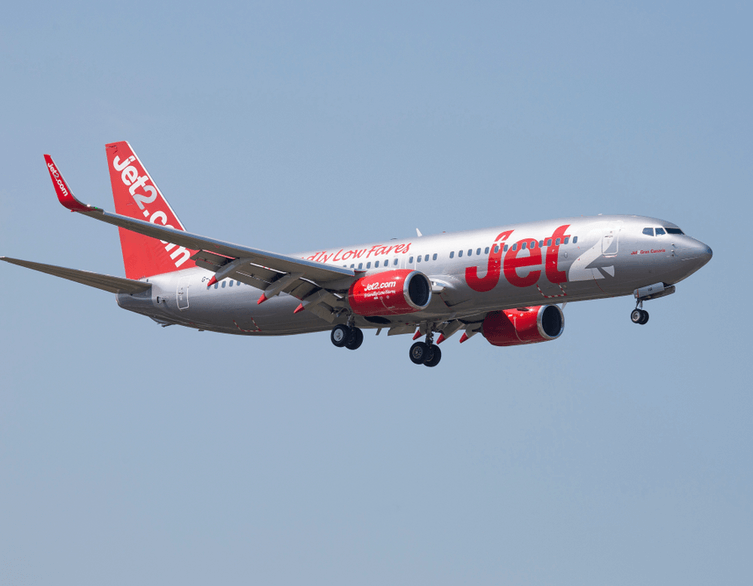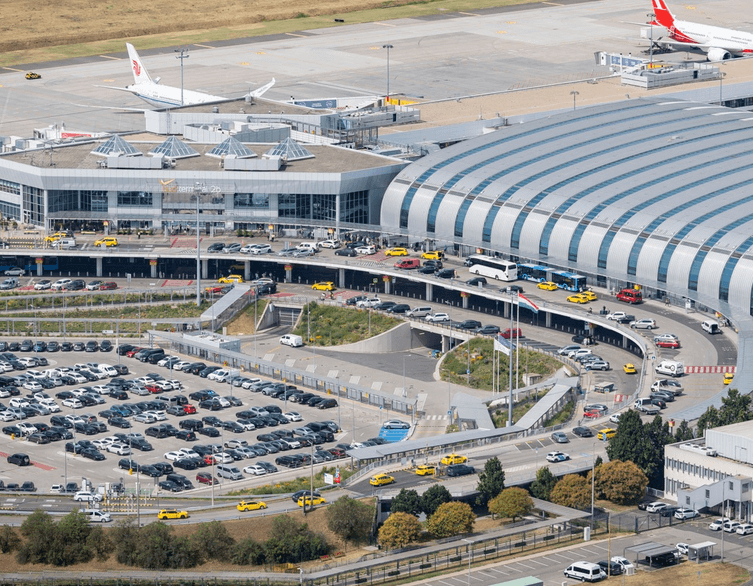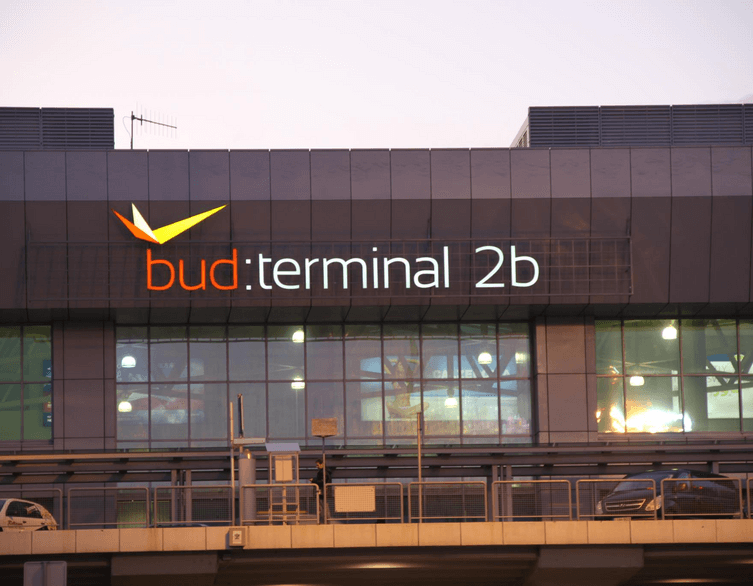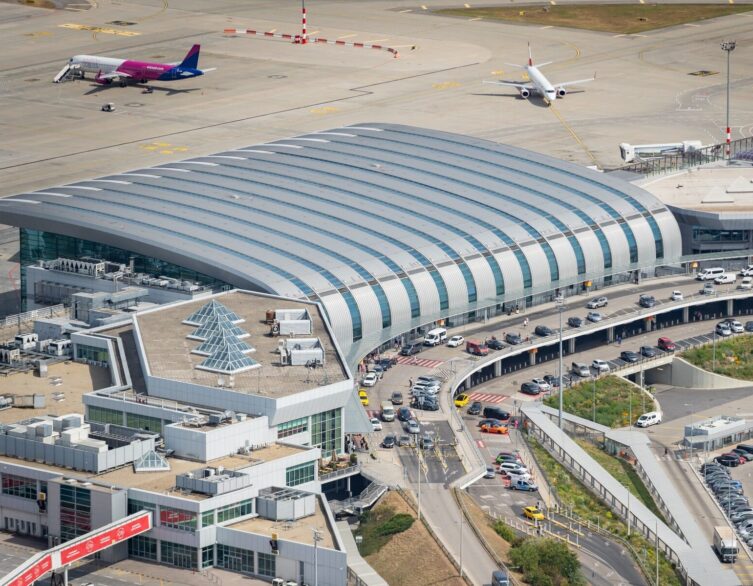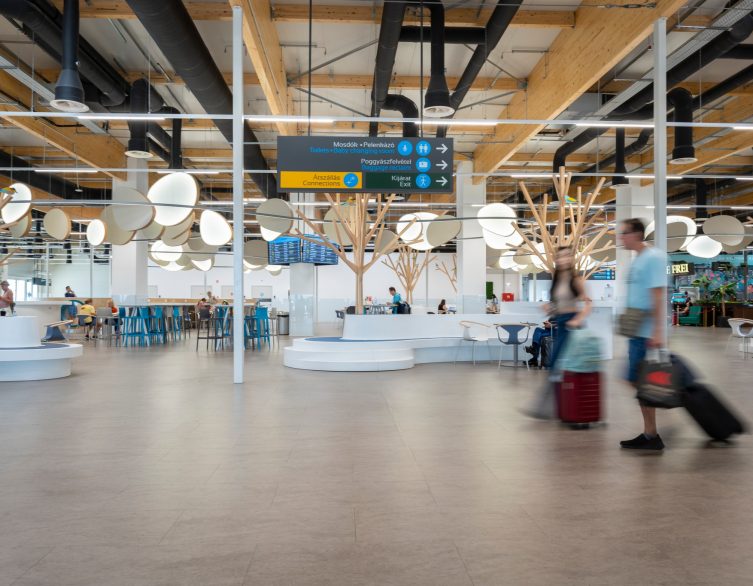Budapest Airport Soars to New Heights in 2024

Budapest’s Liszt Ferenc International Airport has shattered all expectations in 2024, marking a year of unprecedented growth and recovery in the aviation sector. The airport handled a staggering 17,526,000 passengers, representing a 19% increase from the previous year and an impressive 8.7% growth compared to the record-breaking year of 2019.
Record-Breaking Performance
The number of commercial flights also saw a significant uptick, with 125,505 takeoffs and landings recorded. This figure surpasses the previous year’s data by 17% and exceeds the 2019 traffic by 3.4%. These statistics not only demonstrate a robust recovery from the pandemic but also showcase Budapest Airport’s growing importance as a regional hub.
Surpassing Pre-Pandemic Levels
2019 was previously considered the airport’s most successful year, with passenger numbers reaching 16.2 million. The fact that 2024’s figures have surpassed this benchmark by a considerable margin highlights the airport’s remarkable growth trajectory. This success can be attributed to the expansion of international route networks and the dynamic growth of low-cost carriers, particularly Wizz Air and Ryanair.
Asian Market Boom
One of the most notable developments in 2024 was the nearly threefold increase in Chinese traffic compared to the previous year. This surge was driven by the resumption of direct Budapest-China flights and a general uptick in tourism. Other Asian markets also experienced growth, reflecting the global recovery and expansion of air travel networks.
Best deals of Budapest
European Market Growth
European markets saw double-digit percentage growth, with routes to Italy, Spain, and Germany proving particularly popular. This increase was supported by the expansion of low-cost carrier offerings, with both Ryanair and Wizz Air introducing new destinations and increasing frequencies on popular routes.
Cargo Operations
While specific cargo figures for 2024 were not released, it’s worth noting that in 2023, the airport handled a record-breaking 201,306 tonnes of cargo. This underscores Budapest Airport’s significance not just for passenger traffic but also as a key player in regional freight operations.
Future Developments
To accommodate the growing passenger numbers, Budapest Airport is planning further expansions aimed at increasing capacity and enhancing the travel experience. These plans include the construction of new terminals, expansion of parking infrastructure, and implementation of sustainable, green investments.
As Budapest Airport continues to break records and expand its operations, it solidifies its position as a major player in European aviation, promising an exciting future for air travel in Hungary and the broader region.
Image source: Budapest Airport
Related news













